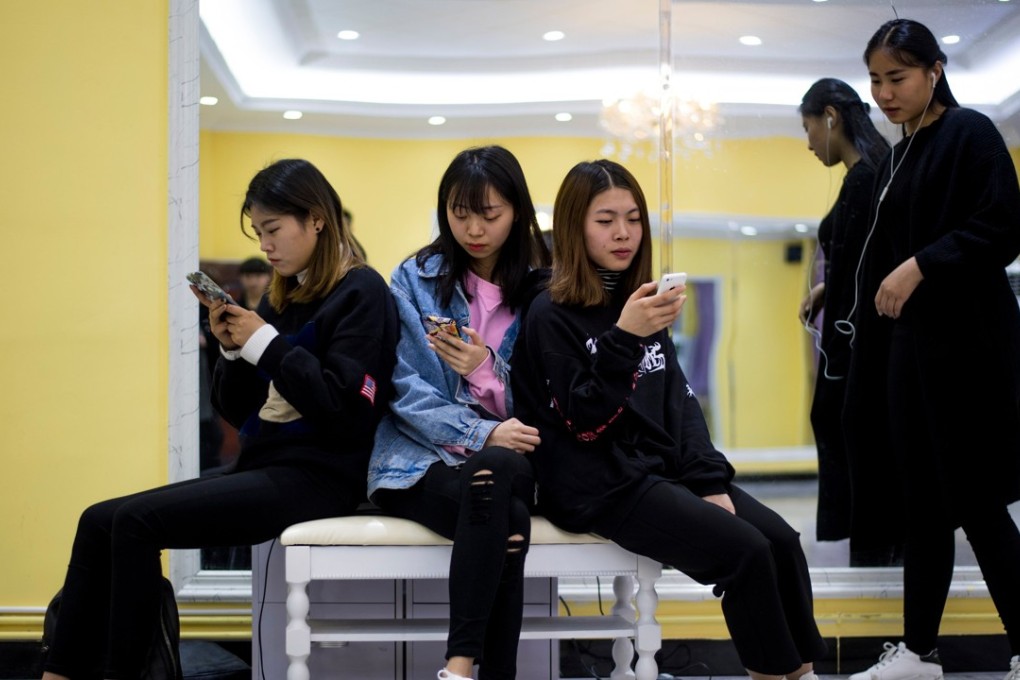Fake news proves to be a huge problem for Tencent as it blocks 1,000 articles each minute
The Chinese internet giant works with 1,300 experts and institutions to prevent the spread of fake information on its social media platforms

Fake news is proving to be a huge headache for Tencent Holdings.
The internet giant, which has about one billion users in China and across the world on its popular WeChat messaging app, said it weeds out 1.4 million untrue stories a day, which works out to 15 per second or 1,000 per minute.
A total of 490 million false stories on WeChat have been blocked by Tencent this year, the Shenzhen-based company announced in its annual report published on Wednesday. Besides, articles published by the company aimed at educating users to differentiate between fake and real news has been read more than 800 million times.
Tencent has been stepping up scrutiny on information circulating on its platforms after China introduced the Cybersecurity Law in June, which is aimed at regulating unwanted internet activities including terrorism, rumours and pornography.
In September, mainland authorities said they had imposed “maximum fines” on Tencent’s WeChat, Baidu’s Tieba and Alibaba Group Holding-backed Sina Weibo for failing to properly manage their social media platforms where their users were spreading misinformation that was jeopardising national security, public safety and social order. Alibaba owns the South China Morning Post.
The authorities did not specify the fines that the three Chinese technology firms were slapped with, but the maximum penalty for violation of the Cybersecurity Law is 500,000 yuan (US$76,100).
Like other popular international social media companies including Facebook and Twitter, Tencent uses help from third-party fact checkers to try and stamp out fake news.